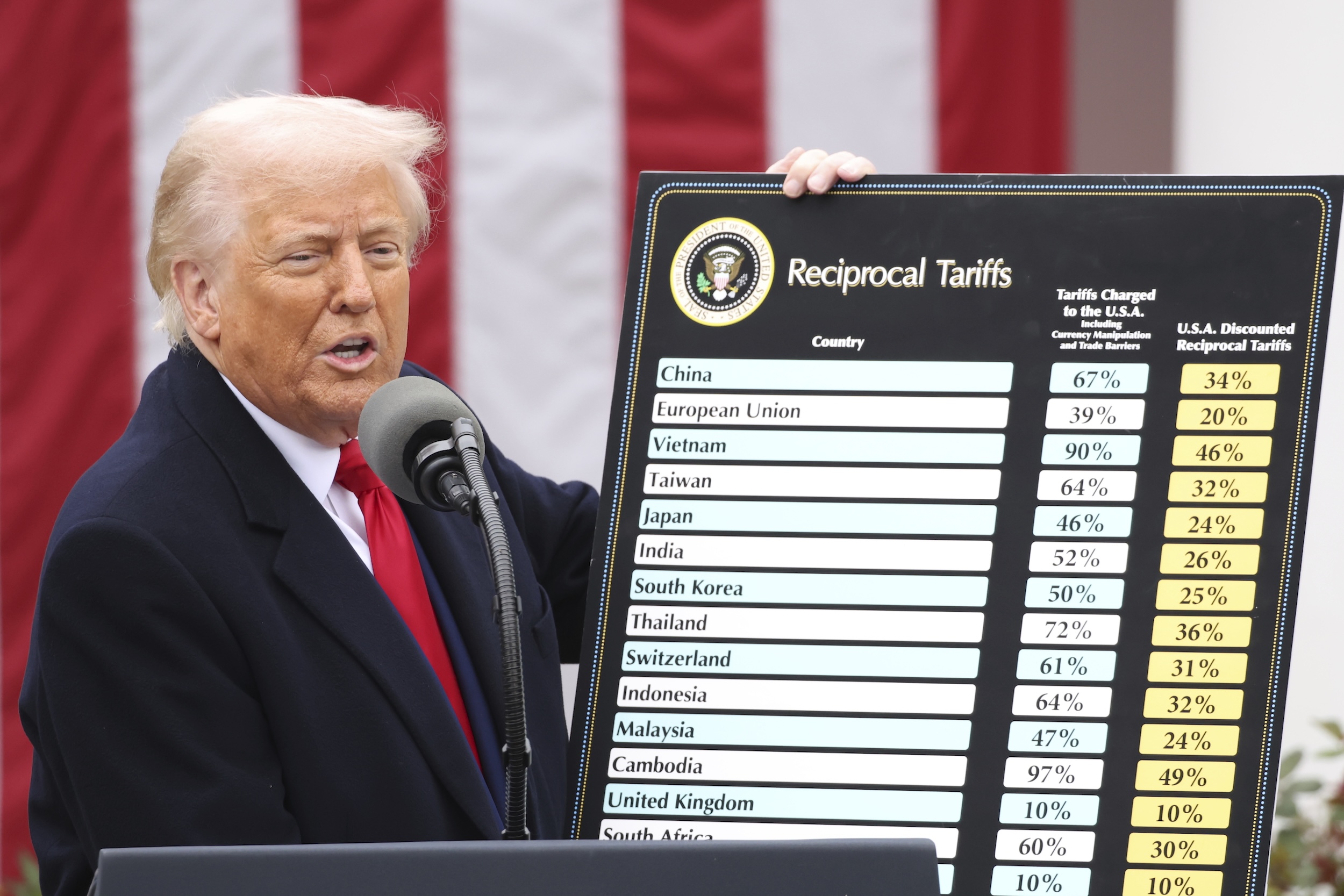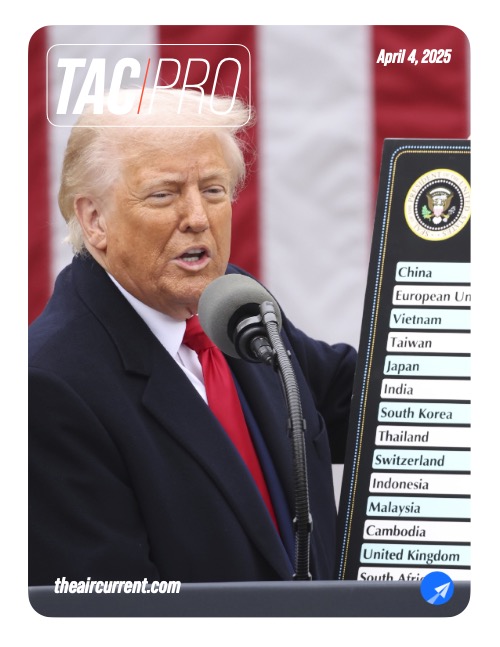Log-in here if you’re already a subscriber
The New York Times first mentioned the word globalization in its pages in 1981. Jetliners had already been in service crisscrossing and shrinking the planet for over two decades, but the nomenclature for the order that created the vehicle for rapidly connecting people and goods around the world was finally catching up. Supply chains that created those aircraft were increasingly global, intersecting with advancing industrialization of the countries that would represent the majority of aircraft demand outside the U.S.
“Aviation is part of the globalization that we’ve seen growing in these last decades. And we are obviously in a more fragmented world and that is probably even more true by the day and that brings challenges,” said Airbus CEO Guillaume Faury, asked by The Air Current at the March 24 Airbus Summit in Toulouse, France about the impact of global economic and security shifts and their likely effect on efforts to reduce the carbon impact of commercial aviation.
Related: Airbus and Embraer eye Poland for swords, plowshares and a partner
Right now, teams of analysts and lawyers across the aerospace industry and its already fragile supply chain are picking apart the few known details of the sweeping U.S. tariffs announced on April 2. The U.S. starting at 12:01 a.m. on April 5 will place a minimum 10% tariff on all imports from a wide swath of countries and even higher tariffs on some of its biggest trading partners, including 20% for the European Union, 17% for Israel, 24% for Japan, 25% for South Korea, 46% for Vietnam, and 34% for China.
The globalized commercial and business aerospace industry, built on international free trade and led by the United States is faltering. What is emerging as a system of economic governance, argue some aviation industry executives and researchers, is a resurgent mercantilism, once thought a vestige of the 16th through 19th centuries. Mercantilism is an economic system aimed at maximizing national exports and minimizing imports, through protectionism and domestic manufacturing, as well as annexation of resource-rich and strategically valuable territories.
“We are on a path toward a more mercantilist world that will take more than a decade to unwind if future administrations want to do so,” said one senior U.S. airline executive whose own global carrier was still trying to determine the coming economic impact of the tariffs on both consumer demand for air travel and on its own suppliers for everything from new aircraft to spare parts.
Subscribe to continue reading...Subscribe to Continue Reading
Our award-winning aerospace reporting combines the highest standards of journalism with the level of technical detail and rigor expected by a sophisticated industry audience.
- Exclusive reporting and analysis on the strategy and technology of flying
- Full access to our archive of industry intelligence
- We respect your time; everything we publish earns your attention


